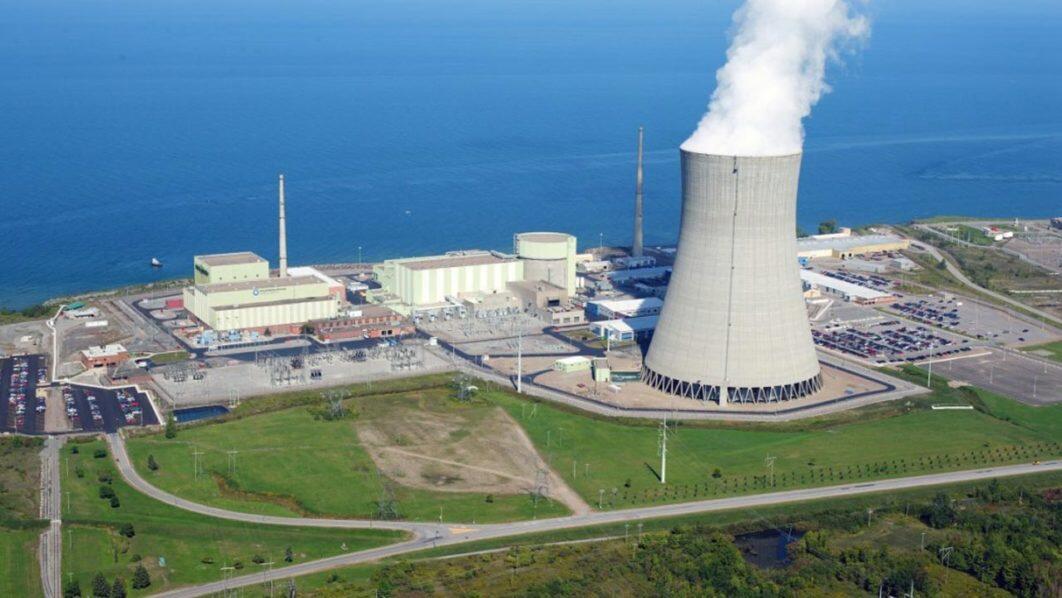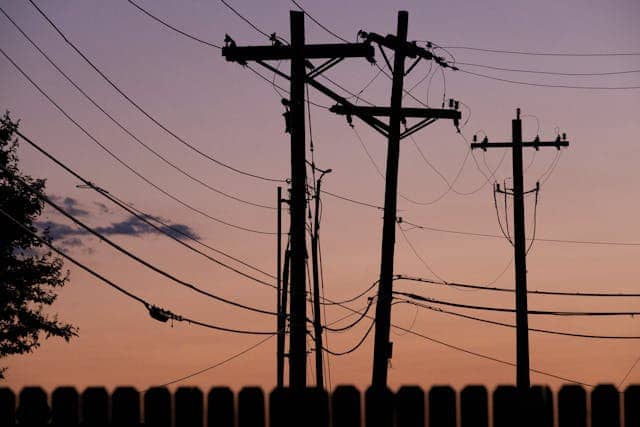Electricity: Fashola Tell Nigerians When last week Grand Minister, Babs Fashola (SAN), claimed his now-famous incapacity to revamp the Nigerian electric power sector was partly due to the inadequacies of Nigeria’s population census agency, he knew he was lying. Another grand act of blamocracy engendered by the Buhari administration. Nigeria’s…
Tag: electric power

Nigerian Pretexts: Nuclear Power
Nigerian Pretexts: Nuclear Power Anytime you hear that a new great ‘developmental project’ is being planned and undertaken by the Government of Nigeria (GON), it is important to identify who the short, medium and long term beneficiaries and losers created will be. Consultants, contractors, traditional land-owners, traditional rulers, government officials,…
Buhari’s Choice and the Expected “Fashola Miracle”
When President Muhammadu Buhari won the 2015 general elections, he did so largely with the support of neutral and anti-PDP (Peoples Democratic Party) commentators. Everything bad in Buhari’s life history was to be forgotten and everything good was in ascendance. From another perspective, it was very difficult for practitioners of…

Constant Electricity in Nigeria?
Constant Electricity in Nigeria is Very Risky Business There is a lot of chit-chat that one of the ”ministerless” wonders of the Buhari administration’s electricity supply to Nigerians across the nation have “improved”. The question is have the blackouts and brown outs stopped? Or has the kilowatt-hour per capita consumption…
Nuclear Power in Nigeria? Another Crazy ‘Pole Vault’
Nuclear Power in Nigeria? Another Crazy ‘Pole Vault’ For many years the Government of Nigeria seems to be managed by a class of “capability pole vaulters”. Government officials tend ‘pole vault’ the nation into many projects they lack the capability, will or wherewithal to execute or sustain effectively. The latest…

RE: Collapse of Nigeria’s Power Privatisation
RE: Collapse of Nigeria’s Power Privatisation http://eyoekpo.com/post/101658521484/the-imminent-collapse-of-nigerias-power-privatisation I found Timi Soleye’s piece in the Financial Times interesting. The Financial Times and its editors would have a lot to lose by reputation if Soleye produced a story of the privatisation of the electric power sector in Nigeria without facts. And one…

